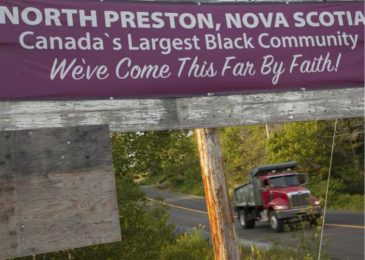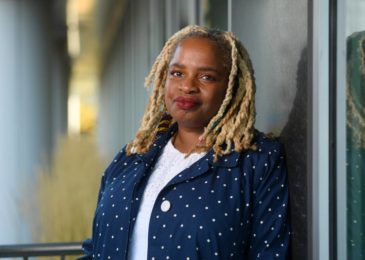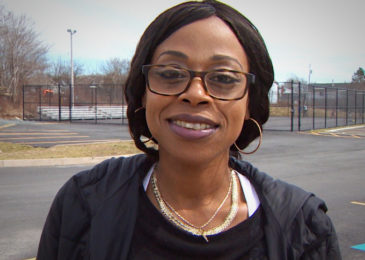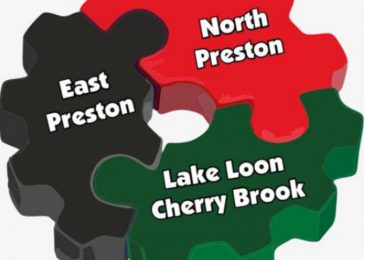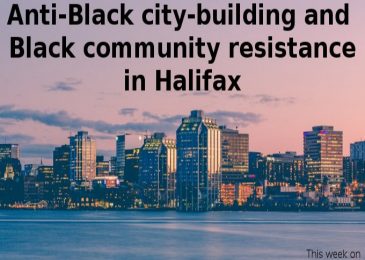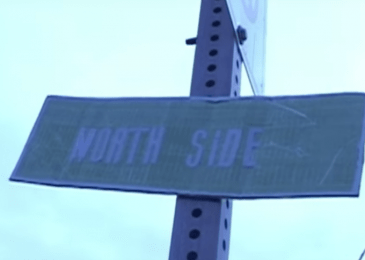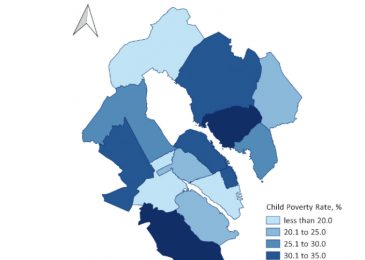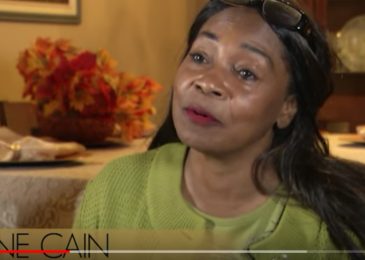“We set a precedent for the world”– How the African Nova Scotian community mobilized against the pandemic
Without a doubt one of the most inspiring stories to emerge from the pandemic is how the Preston communities mobilized to protect residents from infection. I spoke with Dr. David Haase, Sharon Davis-Murdoch and Archie Beals, three people who are closely involved, about this and other community initiatives, the role of the government, tomorrow’s town hall on the vaccine, and related matters. Casting a shadow on the entire conversation: what is the role of systemic racism in all this?


